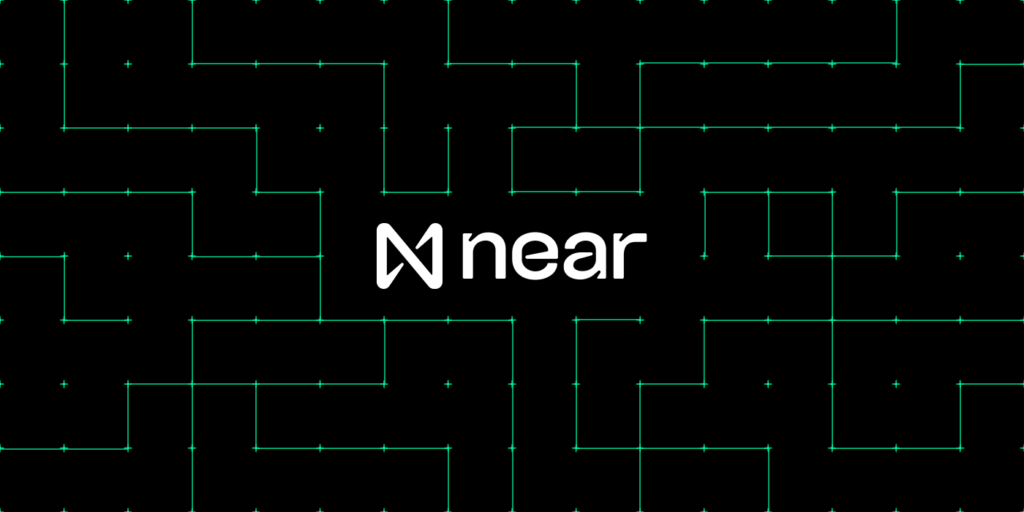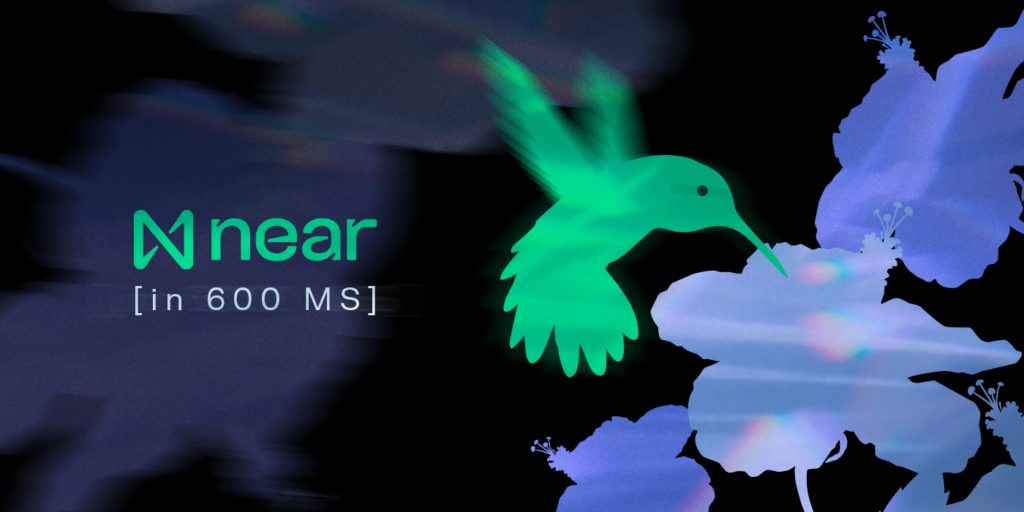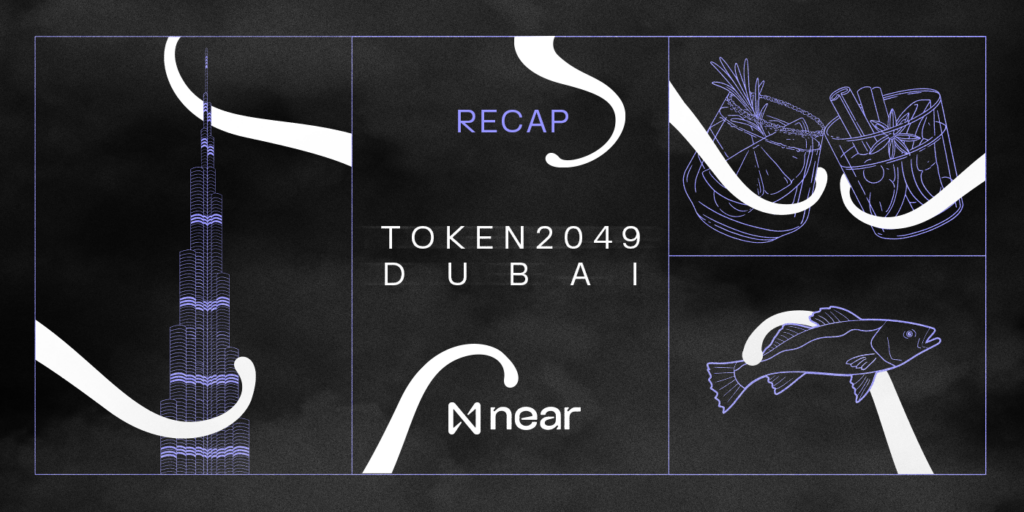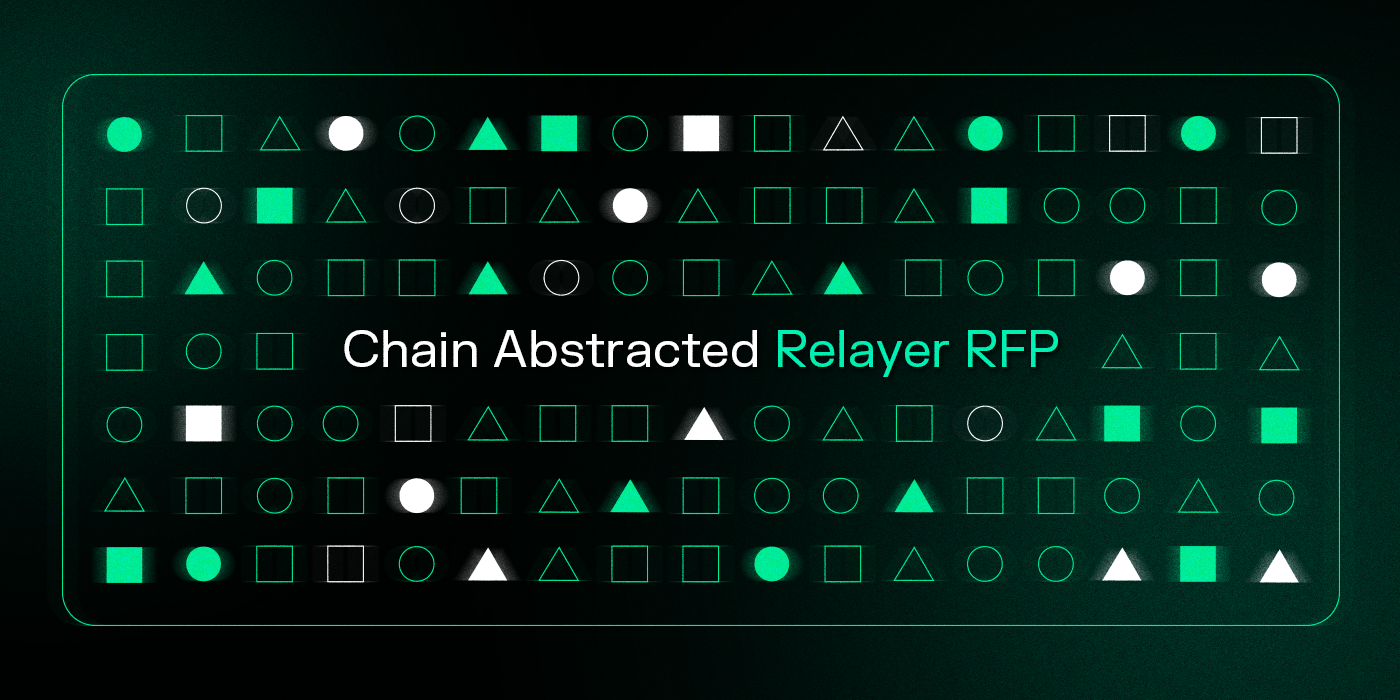Chain Abstraction Needs Gas Abstraction: RFP Published
Put in a bid for a Chain Abstracted Relayer
NEAR Infrastructure Committee just published a request for proposal (RFP) to build a Chain-Abstracted Relayer infrastructure, marking a significant step toward solving gas abstraction across multiple chains. The proposed self-service platform will empower developers to seamlessly sponsor gas fees or let users pay transaction costs themselves across multiple blockchains, accepting base tokens (like ETH, SOL) and major stablecoins (USDT/USDC) for gas deposits. By leveraging NEAR’s existing infrastructure—including NEAR Intents liquidity pools and omnibridge mechanisms—the platform will dynamically top up balances and recycle residual gas funds, while integrating with established relayers like Biconomy and Gelato. Through chain-specific smart contracts and a unified approach, the platform will abstract cross-chain complexity, reduce operational overhead, and create sustainable economics through fees shared among relayers, developers, and clients in the Chain Signatures ecosystem.
Unified Gas Layer
The relayer infrastructure will accept NEAR tokens, NEP-141 tokens, and major stablecoins (USDT, USDC) as payment for gas across supported chains. By leveraging NEAR Intents liquidity pools and omnibridge mechanisms, the system can recycle residual balances left on destination chains, ensuring economic efficiency at scale.
Modular Chain Adapters
To support diverse ecosystems, the platform will include modular plugins for each chain (EVM-based chains like Ethereum and Solana; Move-based chains such as Sui and Aptos). These adapters will simulate transactions and convert them into chain-specific formats automatically.
Economic Sustainability
The relayer system will feature an innovative fee model designed to align incentives among all stakeholders:
- A small relay fee (e.g., 0.1% of the gas cost) applied only to successful transactions
- A markup on gas quotes (e.g., 5% spread) to cover operational costs
- Priority lanes for enterprise users requiring guaranteed throughput at premium rates
Why This Matters
As blockchain ecosystems expand, developers face increasing complexity when building cross-chain applications. NEAR’s Chain Signatures protocol already allows users to sign transactions on multiple chains using a single NEAR account. Since its launch in 2024, this groundbreaking innovation has already fostered a rich ecosystem including Bitcoin-to-email transfers, Bitcoin lending, multichain agents, and cross-chain swaps.
Chain Signatures’ potential is immense—but developers currently face integration challenges that require manual setup of chains and supporting wallets, which is made even more complex by the need to manage transaction fees from all these different chains. Gas requirements differ significantly between EVM-based chains like Ethereum, Solana, and newer Move-based chains such as Sui and Aptos. Developers often encounter fragmented solutions that leave residual balances on destination chains, making large-scale gas sponsorship inefficient and costly. Furthermore, integrating chain-specific relayers and gas stations demands significant technical expertise, limiting participation from smaller teams.
This RFP represents a bold step toward making Web3 as seamless as Web2 by addressing one of its most pressing challenges: gas abstraction across chains. This RFP seeks to address these challenges by creating a unified platform that abstracts gas management across chains, enabling developers to sponsor fees or allow users to pay for transactions themselves—all through an easy-to-use SDK. By simplifying cross-chain development and aligning incentives among stakeholders, NEAR continues to lead the charge in bringing blockchain technology closer to mass adoption.
The Vision for Chain-Abstracted Relayers
The proposed solution will combine several key components to create a seamless experience for developers:
Developer Experience: Simplifying Integration
The core of this initiative is its focus on developer usability. The platform will offer a TypeScript SDK that abstracts complex processes like gas quoting, transaction simulation, and automatic retries. Developers can integrate cross-chain functionality into their applications with minimal code, while benefiting from comprehensive documentation and analytics dashboards for tracking performance metrics like gas usage and transaction statuses.
For example, a future implementation might allow developers to initiate transactions using Chain Signatures while sponsoring gas fees directly through their NEAR balance or stablecoins. Residual balances could be recycled back into liquidity pools or refunded automatically, removing the need for manual intervention.
Business Model Innovation
This infrastructure opens up exciting possibilities for new business models in the blockchain space:
- Gas Recycling: Residual balances aggregated via omnibridge mechanisms could be auctioned off in micro-markets or reused in subsequent transactions.
- Incentive Alignment: Relay nodes earn fees based on uptime and reliability, while developers pay only for successful transactions—ensuring fair compensation without unnecessary costs.
- Priority Processing: Enterprise clients can purchase premium slots for guaranteed transaction throughput during high-demand periods.
Technical Requirements
The proposed solution must meet several critical technical criteria:
- Multichain Support: At least three EVM chains (e.g., Ethereum), Solana, and NEAR at launch; integration with Move VM-based chains (Sui/Aptos) within three months of deployment.
- Robust Backend Infrastructure: Relayers must handle transaction routing, gas quoting, and chain-specific adapter management efficiently while providing real-time health dashboards with alert integrations like PagerDuty or OpsGenie.
- Developer Dashboard: A front-end interface allowing developers to manage policies for gas sponsorships, track balances across chains, and access detailed analytics on fees and performance metrics.
Submission Details
The Infrastructure Committee invites teams with proven experience in account abstraction solutions to submit proposals by May 15, 2025. Proposals will be evaluated based on cross-chain coverage (30%), reliability systems (25%), economic sustainability (20%), developer experience (15%), and security posture (10%).
For more information about Chain Signatures and related resources:
Past RFPs
The Infrastructure Committee recently awarded funding to Lucid, Hot Labs (creators of HERE Wallet and HotDAO), and Peersyst Labs (developers of MyNEAR Mobile Wallet) to drive innovation in Wallet Selector, Fast Auth 2.0, and Multichain 1-Click Connect solutions. By investing in these complementary projects that implement NEAR Chain Signatures across the ecosystem, NEAR is pushing forward on building a frictionless, chain-abstracted future. Look out for more upcoming RFPs, or submit your idea directly on the Infrastructure Committee Portal.
Share this:
Join the community:
Follow NEAR:
More posts from our blog



